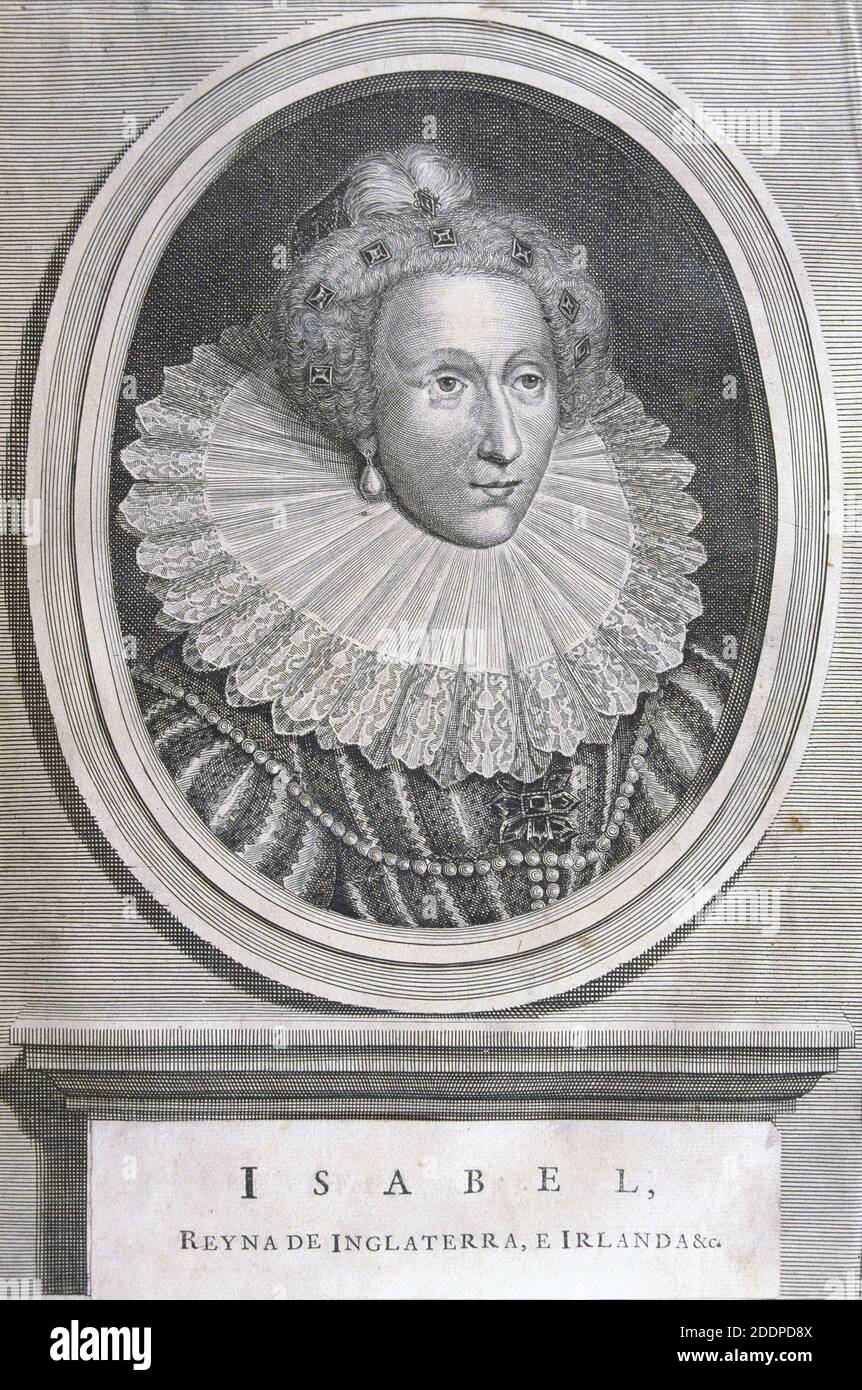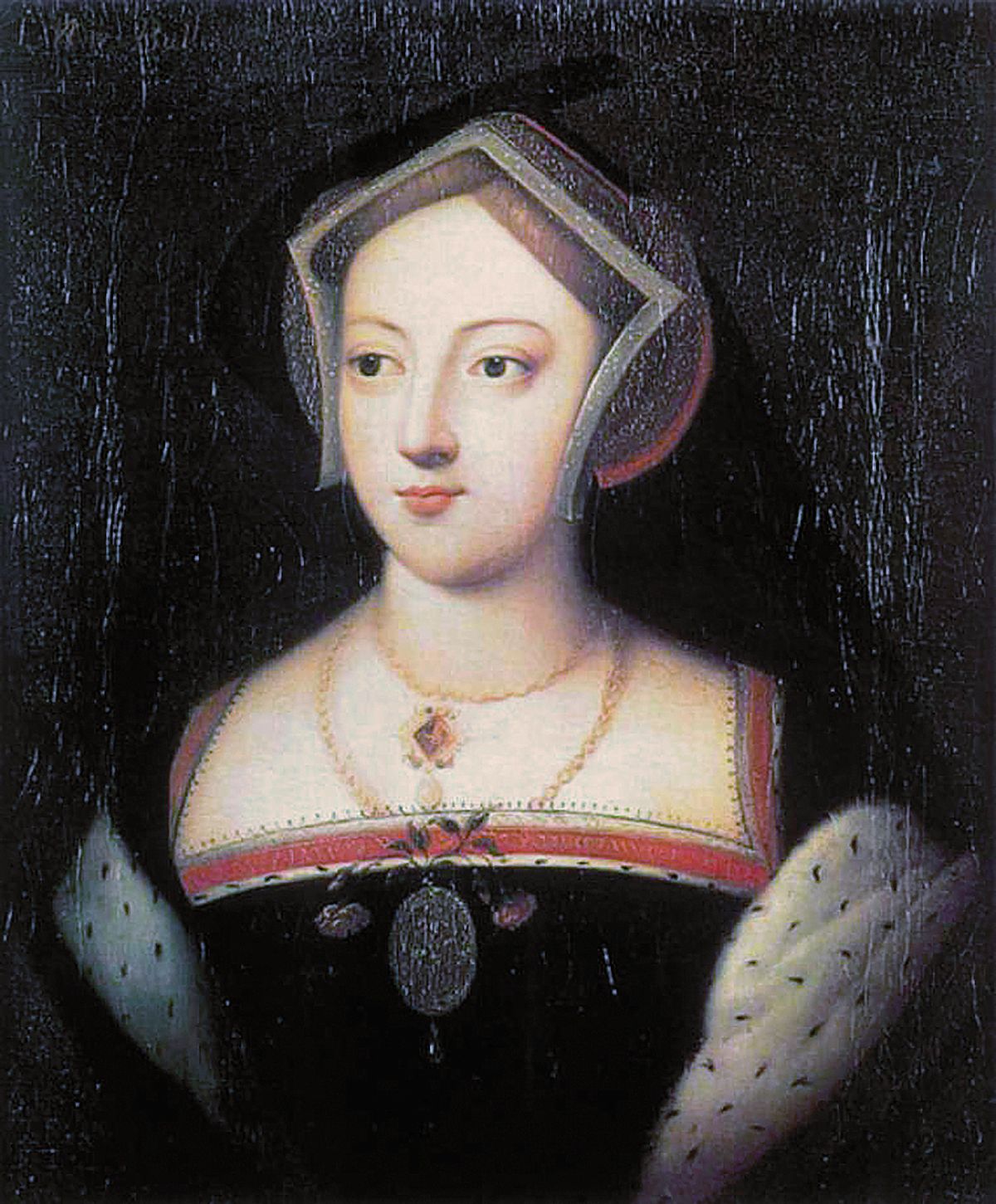Isabel Bolena: Countess Of Wiltshire & Ormond - Biography & Facts
Was Isabel Boleyn, Countess of Wiltshire and Ormonde, merely a footnote in the annals of history, or did her life leave an indelible mark on the tumultuous tapestry of the Tudor era? The truth lies in a web of familial connections, political intrigue, and a legacy that continues to fascinate historians and enthusiasts alike.
Isabel Boleyn, known also as the Countess of Wiltshire and Ormonde, lived during a time of immense change. Born Isabel Howard, she was the eldest of the two daughters of Thomas Howard, 2nd Duke of Norfolk, and his first wife, Elizabeth Tilney. She was born around 1480 and passed away on April 3, 1538. Her life intertwined with the dramatic events of the English court during the late 15th and early 16th centuries, a period marked by religious upheaval, political machinations, and the reigns of powerful monarchs like Henry VIII.
| Category | Details |
|---|---|
| Full Name | Isabel Howard, later Boleyn, Countess of Wiltshire and Ormonde |
| Born | Around 1480 |
| Died | April 3, 1538 |
| Parents | Thomas Howard, 2nd Duke of Norfolk & Elizabeth Tilney |
| Spouse | Thomas Boleyn, 1st Earl of Wiltshire and Ormonde |
| Notable Relationships | Mother of Anne Boleyn, second wife of King Henry VIII; Aunt of Queen Elizabeth I |
| Historical Significance | Her family's role in the English Reformation and her children's influence on royal succession. |
| Titles | Countess of Wiltshire and Ormonde |
| Associated Places | England |
| Key Events | Her son's accusations of incest with his sister. |
| Reference Website | Britannica - Anne Boleyn |
The Boleyn family, whose name Isabel would adopt upon her marriage, was a family on the rise. Her husband, Thomas Boleyn, later 1st Earl of Wiltshire and Ormonde, was a man of ambition and considerable political skill. Their union was a strategic one, joining two prominent families and setting the stage for the Boleyns' future influence. While the exact date of their marriage is not consistently recorded, it's evident that the union was a strategic one, solidifying alliances and paving the way for the Boleyn family's growing influence within the court.
Isabel's life was deeply intertwined with the lives of her children. She was the mother of Anne Boleyn, the second wife of King Henry VIII, whose marriage to the King was one of the key events in history. Anne's marriage to Henry VIII resulted in the break between the English state and the Roman Catholic Church. This act had far-reaching consequences, reshaping the religious and political landscape of England. The Boleyns were thus at the very heart of the English Reformation, an era of profound change and upheaval.
Adding to the familial connections and drama, Isabel was the aunt of Queen Elizabeth I, further highlighting the family's impact on English royalty. This maternal connection to the future Queen underscored the Boleyn family's significant role in shaping the course of English history.
The lives of Isabel and her family were filled with the political machinations that were characteristic of the Tudor court. The era was marked by conspiracies, betrayals, and the constant struggle for power. Courtly life was a dangerous game, and the Boleyns were adept at navigating its treacherous waters. They also faced the dangers of courtly life, where alliances shifted as quickly as the monarch's favor. The Boleyns were no strangers to the plots and counterplots that defined the era.
Isabel's influence extended beyond her immediate family. Her social standing and connections provided opportunities for her children and played a role in the events that unfolded around them. She was a woman of her time, shaped by the societal expectations and constraints placed upon noblewomen, yet her personal history shaped the wider narrative of English history.
The narrative surrounding the Boleyn family, and Isabel's part in it, is filled with drama. Anne Boleyn's rise and fall, the accusations leveled against her, and the circumstances surrounding her execution, are the stuff of legend. This led to intense scrutiny. The accusations and subsequent trials, reveal a court that was, at times, driven by personal ambition and political expediency. These events underscore the fragility of power and the high stakes of courtly life.
Before Anne's marriage to the King, Henry was secretly in love with Mary Boleyn, Isabel's other daughter. Mary had been a mistress of the King, an entanglement that further complicated the family's relationship with the crown. While Mary had an affair with the King, her sister Anne's subsequent role in the King's life was even more impactful. Anne, who had returned from time spent in France, caught the King's attention, changing the course of royal succession and the history of England.
The consequences of King Henry VIII's actions were immense. His desire to annul his marriage to Catherine of Aragon, and his subsequent marriage to Anne Boleyn, led to the English Reformation. The break with Rome redefined religious and political structures, forever altering the course of English history. Isabel, as Anne's mother, was therefore at the center of these epoch-making events. The consequences of this relationship would reverberate through English society for centuries.
| Character | Actor |
|---|---|
| Isabel Boleyn, Countess of Wiltshire and Ormonde | Kristin Scott Thomas |
| Thomas Boleyn, 1st Earl of Wiltshire | Mark Rylance |
| Thomas Howard, 3rd Duke of Norfolk | David Morrissey |
| William Carey | Benedict Cumberbatch |
| Henry Percy, 6th Earl of Northumberland | Oliver Coleman |
| Catherine of Aragon | Ana Torrent |
Isabel's story, though often overshadowed by the more dramatic narratives of her children, is a crucial component of the larger story of the Tudor era. Her role as a mother, wife, and noblewoman provided the context in which key historical events unfolded. Her life gives a valuable insight into the social structures, political dynamics, and cultural norms of the period.
The legacy of Isabel Boleyn, Countess of Wiltshire and Ormonde, is one of connection, influence, and enduring fascination. Her life intersects with some of the most significant events in English history. The challenges and triumphs she faced, the relationships she forged, and the impact of her family all contribute to a story that continues to resonate with readers today.
The accusations of incest within the Boleyn family also need consideration. George Boleyn, Isabel's son and Anne's brother, was accused of incest with his sister. Although such accusations were not uncommon in the highly charged atmosphere of the Tudor court, they had severe consequences for those involved. The charges against George Boleyn, and his subsequent trial and execution, further demonstrate the perilous nature of court life and the dangers of being entangled in royal affairs.
The details of Isabel's life can be found in various historical documents and scholarly works. These sources shed light on her family, her marriage, and the political and social context of her life. Through these records, historians have been able to piece together a detailed portrait of her life and her significance.
The story of Isabel Boleyn, while tragic in many ways, is also an illustration of resilience and the power of familial bonds. The events in her family's history are a window into the world of the Tudor court. Isabel's life and the story of her family are a testament to the complexities of human relationships, the allure of power, and the enduring legacy of the Tudor era.
The study of Isabel Boleyn provides a richer understanding of the Tudor era, and illuminates the lives of those who helped shape it. She was part of a web of relationships, and the decisions made by these people changed the course of history. Isabel's legacy lives on, and the story of her life is a reminder of the lasting impact of the Tudor dynasty.
Isabel Boleyn's story, with all its triumphs and tragedies, is a captivating illustration of a woman who played a part in one of the most significant periods in British history. The events in her family's life serve as a powerful reminder of the intricate dynamics of power, love, and familial loyalty that define the Tudor era. Further exploring the history, will continue to offer deeper insight into the lives of those who have shaped the modern world.


